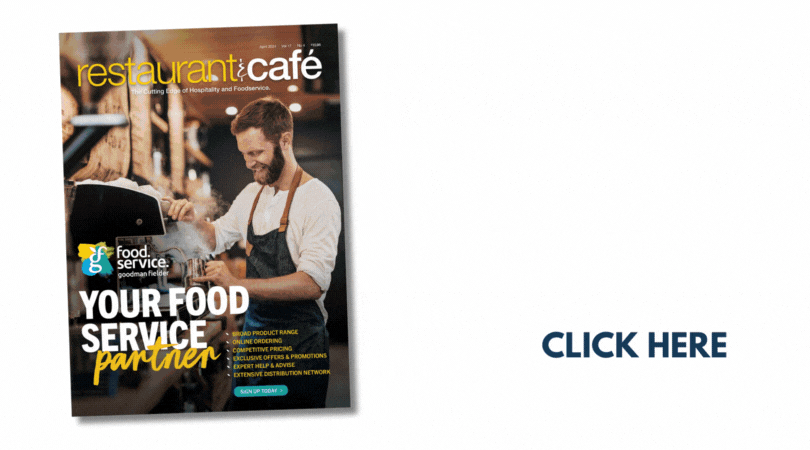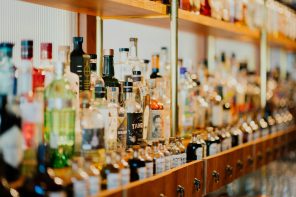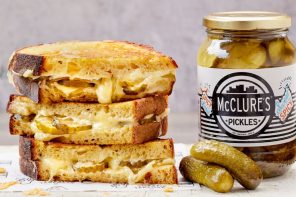While the New Zealand Minister of Tourism, Kelvin Davis called for “calm” amongst the industry, New Zealand’s Hospitality and Tourism trades have braced themselves for the impact of the Coronavirus, particularly the effects of the subsequent China travel ban.
More than 400,000 Chinese visit New Zealand every year and were forecast to spend close to two billion dollars in 2020. The timing of the outbreak and travel ban couldn’t have been worse, coinciding with Chinese New Year which would normally see an influx of visitors. Many in the Hospitality and Tourism sectors also rely on the high summer season to see them through winter.
The Tourism Minister has not ruled out a financial bailout but has said it is too early to make those kinds of decisions. Meanwhile, Tourism NZ is providing advice to the Government about the role it can play in supporting the industry, hoping to encourage growth from other markets in response to this event.
The outbreak has affected large and small business alike with many industry events being cancelled or postponed. For example, the Amazing China-Hastings Year of Tourism event has had to be delayed. The event is designed to increase cultural understanding and relationships between the two countries, leading to expanded tourism and trade opportunities. Organiser Hastings District councillor Kevin Watkins said that while it was disappointing to have to postpone, the decision was unavoidable as the organisers wanted to provide travel dates to China for the winners of the event, which is unfortunately not possible at this stage.
Chinese New Year celebrations have also been cancelled throughout the country, China’s consul-general in Auckland, Ruan Ping expressed his disappointment that Chinese New Year events were not going ahead but added: “We respect the decisions made by the organisers of those events.”
One of the few things that have not been negatively affected is the sale of products associated with virus protection. Retailers have commented that many customers were buying up masks in bulk to send back to Asia where supplies are significantly lacking. In New Zealand there is a shortage of respirators, face masks and sanitiser nationwide.
In any time of uncertainty, there are those who will take advantage of the vulnerability of human anxiety. Perhaps a more sinister threat than the actual coronavirus itself is the ability for some to profit from fear. An Auckland pharmacy was found to be selling face masks for almost ten times their normal price. The Royal Oak 7 Day Urgent Pharmacy was selling the N95 masks for $30 each while a pharmacy across the road sold them for $3.50.
Of course, a major component to whether growing anxieties are exacerbated or alleviated is the accuracy of information. In the digital age, misinformation spreads rapidly far and wide. Luckily, in New Zealand, industry leaders within the tourism and hospitality sectors have worked together to make sure the correct information and advice has been effectively shared.
The National Restaurant Association has issued a guide to help restaurant operators protect both customers and employees, the recommendations closely follow the best practises for containing norovirus and is a useful guide for those in other industries such as retail and education. Both Tourism New Zealand and Tourism Industry Aotearoa have regularly updated websites with the latest announcements.
In this time of uncertainty, while it may not be easy, staying calm does seem to be the best advice. Most importantly, everyone should be thoroughly washing and sanitising their hands. It is the easiest way to help prevent the spread of disease.






